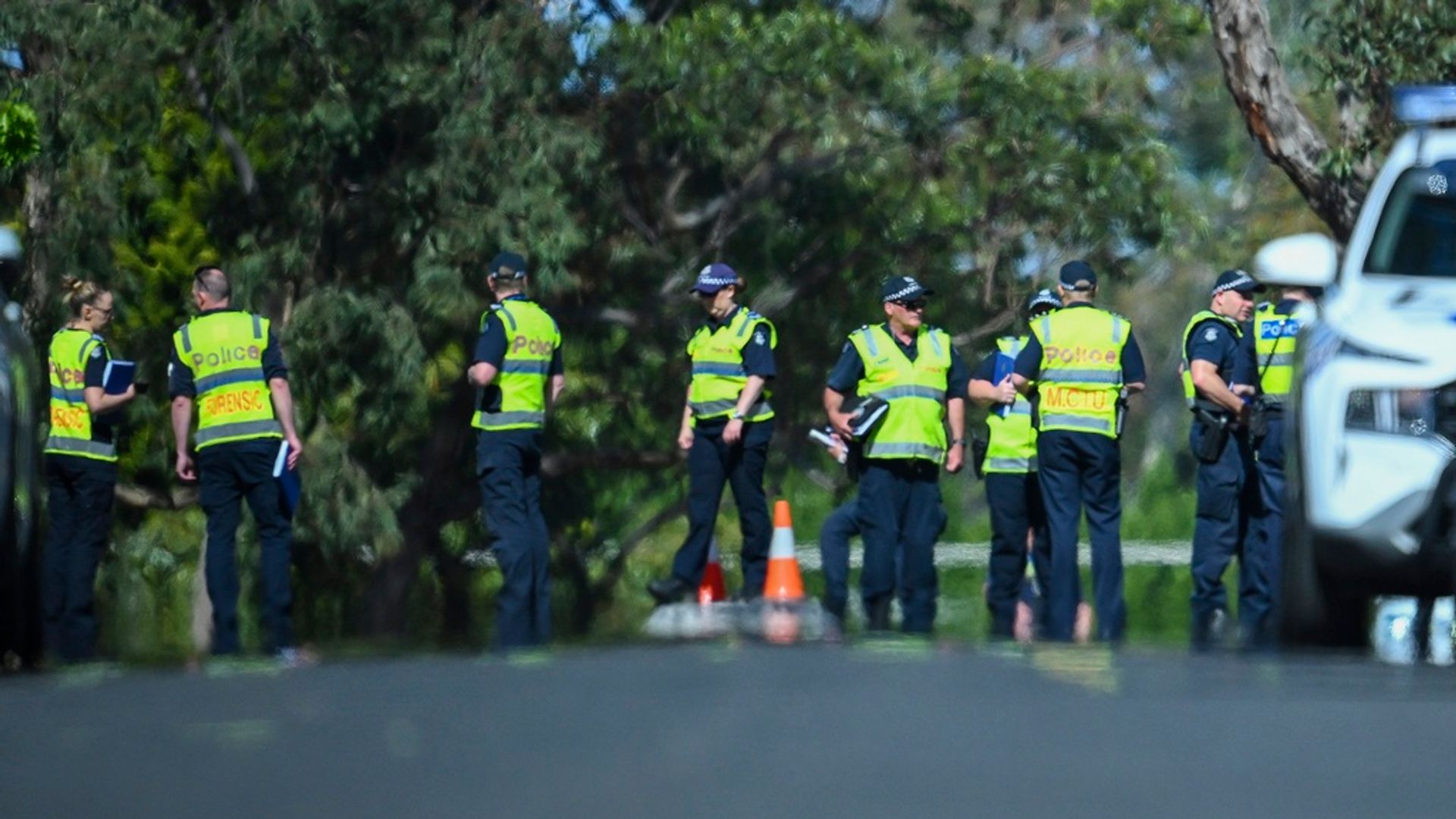
The Maine Department of Health and Human Services has logged 159 calls since 2020 from people trying to determine which town is responsible for paying for someone’s basic necessities in an emergency, bolstering anecdotal accounts about the inconsistent ways in which some towns administer the general assistance program.
The problem of towns bouncing applicants to other places to avoid paying for their needs is not rampant, municipal officials said, but it does happen. That’s because eligibility can be confusing, training isn’t required for local administrators, and the program lacks consistent oversight — all at a time when the program is growing.
General assistance costs have increased three-fold in four years, mostly in Portland. Given rising housing costs and increased housing insecurity, in addition to policy changes that expanded the circumstances under which people can apply, general assistance costs jumped to $43 million in fiscal year 2023, up from $13 million in 2019.
General assistance is overseen by DHHS, but municipalities administer the program by providing vouchers to qualifying residents for basic needs such as food, housing and medication. The state reimburses them for 70 percent of costs but doesn’t cover municipal staff time.
It’s currently impossible to know how frequently towns send people to other places to apply for assistance. The Bangor Daily News tried to gain clarity by filing a public records request with DHHS for all complaints about towns not paying for people’s general assistance when they should have.
DHHS provided a log of 159 calls since 2020 to its hotline where applicants and municipal officials questioned which town was responsible for picking up the cost. But the department didn’t have records documenting what led to the complaints except in three cases. They showed disputes between Bangor and Brewer, and Portland and Auburn, in addition to a mishandling of an application in Biddeford.
Municipal officials have long called for more system-wide information. While data is limited, they said the fact that some applicants are turned away from applying at all — which is a violation of the law — is one reason why they believe the vital program needs major changes, including more oversight.
“The state has no way of knowing what [municipalities] haven’t done. Unfortunately what happens when people get turned away from a community unjustly, nobody knows,” said Rindy Fogler, a general assistance caseworker in Bangor.
There is debate about whether the state, rather than municipalities, should administer the program. But at the very least, Maine needs an online database for administrators to track aid recipients, municipal officials said, given that they currently cannot see if applicants in their town have already received assistance from another town.
What’s more, the state does not have enough manpower to talk through challenges as they arise, they said, and there is little penalty for towns that unlawfully send potential applicants to other places.
While DHHS said disagreements between municipalities are limited — and didn’t emerge as a theme during listening sessions it organized on general assistance last summer — municipal officials said they try to avoid involving the state.
Towns can complain to DHHS, but municipalities are first expected to work issues out between themselves, so the 159 calls to the state represent an undercount, said Patty Hamilton, Bangor’s public health director.
“I think it pits communities against each other and puts the onus on the wrong person or the wrong entity,” Hamilton said.
DHHS agreed that the program needs some changes and said the rate of spending is not sustainable.
It plans to streamline the general assistance application process, improve training for municipal administrators and develop an online platform where it can collect better data, said Lindsay Hammes, a spokesperson for the department. DHHS now has five staff in its general assistance office, up from three several months ago.
General assistance was designed more than 40 years ago to provide emergency aid and was not intended to address systemic problems such as a lack of affordable housing.
The department’s primary focus is to work with its partners “on long-term reforms to sustain [general assistance] and return to its original mission of providing temporary support as a last resort,” Hammes said.
‘That is against Maine law’
The state issues little to no punishment to municipalities that violate the law, local officials said. The available DHHS records back them up.
In one case involving a dispute between Bangor and Brewer, DHHS documented how the two cities passed a woman back and forth who had suddenly become homeless in September 2022 when her landlord sold her home.
The woman, who is unnamed in DHHS’ report, was planning to move into an apartment in Brewer but, until she could do so, stayed with friends in Bangor. She sought financial assistance to cover her first month of rent, but Bangor’s general assistance office told her to apply in Brewer, where she would be living more permanently. Then, Brewer turned her away, too.
Both cities violated state law, DHHS found. Municipalities are required to let people submit an application before rendering a decision.
“Brewer could have checked with Bangor and/or the Hotline … prior to denying,” the DHHS examiner wrote. “Or even better, take the application and then figure out [the responsible municipality]. Clients should not be bounced back and forth.”
Beyond that determination, neither city was punished. Brewer eventually accepted the woman’s general assistance application, DHHS wrote.
Jay Feyler, the past president of the Maine Welfare Directors’ Association, said he has seen municipalities send people away without paying for their general assistance, though he declined to name the towns. He believes more enforcement from the state could help change practices.
BDN reporting in October also showed how some Maine police departments in rural areas send their homeless to larger cities such as Bangor.
“Why I throw it back at the state is because if they went to that other town and said, ‘Look, you did this; it’s against the rules; and you should have taken care of the client here, and now you owe the city of Bangor $1,500 — you have to pay it,’” he said. “Once that starts to happen, these towns wouldn’t be enticed to do that.”
In another case, a DHHS investigation found that Portland unlawfully sent people to Auburn to seek general assistance.
As a result, the state ordered Portland to pay twice the amount of assistance Auburn provided to the people Portland turned away. That only cost Portland $471.90.
In the third documented instance, the state found Biddeford illegally turned away a woman seeking assistance and sent her to Westbrook. Biddeford was not fined but rather ordered to pay for the woman’s assistance.
Cindy Dunham, Wilton’s administrative assistant and general assistance administrator, is familiar with stories of other municipalities pushing people seeking assistance away, she said.
“There are towns that, when someone calls and says, ‘I need general assistance,’ they say ‘Sorry, can’t help you,’” Dunham said. “They don’t even offer them an application. And again, that is against Maine law.”
Dunham said there needs to be more oversight to prevent that from happening. Currently, the only consistent review she experiences is periodic audits, which examine whether aid was administered correctly but doesn’t catch the times people were turned away.
“The audit doesn’t show if we turn 50 people away at the door during the course of a year,” Fogler said. “Those people are not going to have files. So there’s nothing to audit, and the audit has no mechanism for picking up the people that are never given a chance to apply.”
General assistance administrators in some towns may not be available during working hours, or they might require that applicants live in a community for at least 30 days before getting assistance, said Harrison Deah, Westbrook’s general assistance administrator and the current president of the Maine Welfare Directors’ Association.
They might not know that those requirements break the law, he said.
For instance, people who are not homeless have to show proof that they are a resident to receive vouchers, but administrators can’t require them to have lived in the town for a certain period of time. People who are homeless don’t need to prove residency.
Feyler, who is Union’s town manager and general assistance administrator, said he understands why a municipality — especially a smaller one — might send people to larger service centers with more social services and available housing. But communities that refer people to other towns are supposed to pay for their general assistance.
“Like in my town here, I have no housing and no apartments available. We have no hotels. So I have in the past had to send somebody to Rockland to a hotel,” he said. “But, we pay [for the general assistance] for the next 30 days up to the maximum amount. That is the right thing to do.”
DHHS’ lack of staffing for program oversight may also contribute to inconsistent decisions at the local level.
“Imagine how large the state is. I think it is impossible for them to manage the program,” Deah said.
What’s more, general assistance administrators don’t have the information about applicants that they need to make informed decisions, Deah said. Right now, he has almost no way to catch fraudulent applications because there is no centralized database where people who apply are tracked across the state, he said.
That means someone who received assistance from one city could fraudulently apply for the same assistance in another city. Unless an administrator started making random calls, the fraud would go undetected, Deah said.
“We have to rely on the applicant reporting as to where they have applied,” he said.
At the same time, the program has increasingly been used to cover people’s housing long-term, which is expensive — and a practice Hammes said DHHS wants to move away from.
In fiscal year 2019, emergency housing-related expenses represented 16 percent of all of Maine’s general assistance spending. In 2022, housing costs made up 72 percent of total general assistance spending; those costs dropped to 60 percent last year.
The increase is largely a result of policy changes and higher costs of living. In 2019, the Maine Legislature expanded the definition of a “qualifying emergency” for general assistance to include homelessness. The Mills administration also implemented a 2015 law extending general assistance to asylum seekers.
As a result, Portland, which has seen large populations of asylum seekers and people who are homeless, used more general assistance funds than all other municipalities combined in 2022. Portland’s reimbursement for the general assistance program was about $32.6 million, according to DHHS data, and accounted for 87.8 percent of the state’s total program expenses.
Meanwhile, some towns spent nothing on general assistance.
“Changing GA’s role in long-term housing should be part of a larger plan to support additional housing options for people who are unhoused or at risk of losing their housing,” Hammes said.
Maine lawmakers are currently considering a number of changes to general assistance law, including increasing the amount that municipalities are reimbursed to 90 percent, up from 70 percent. Through LD 1732 and LD 1426, they are discussing: mandating training for officials administering the program, requiring DHHS to provide 24-hour technical assistance and support, and the creation of a database to track applicants, in addition to other changes.
A third bill, LD 1675, would change how municipalities are reimbursed by the state and establish a working group to study how to convert the general assistance program into a housing assistance program.
BDN reporter Sawyer Loftus may be reached at [email protected].











